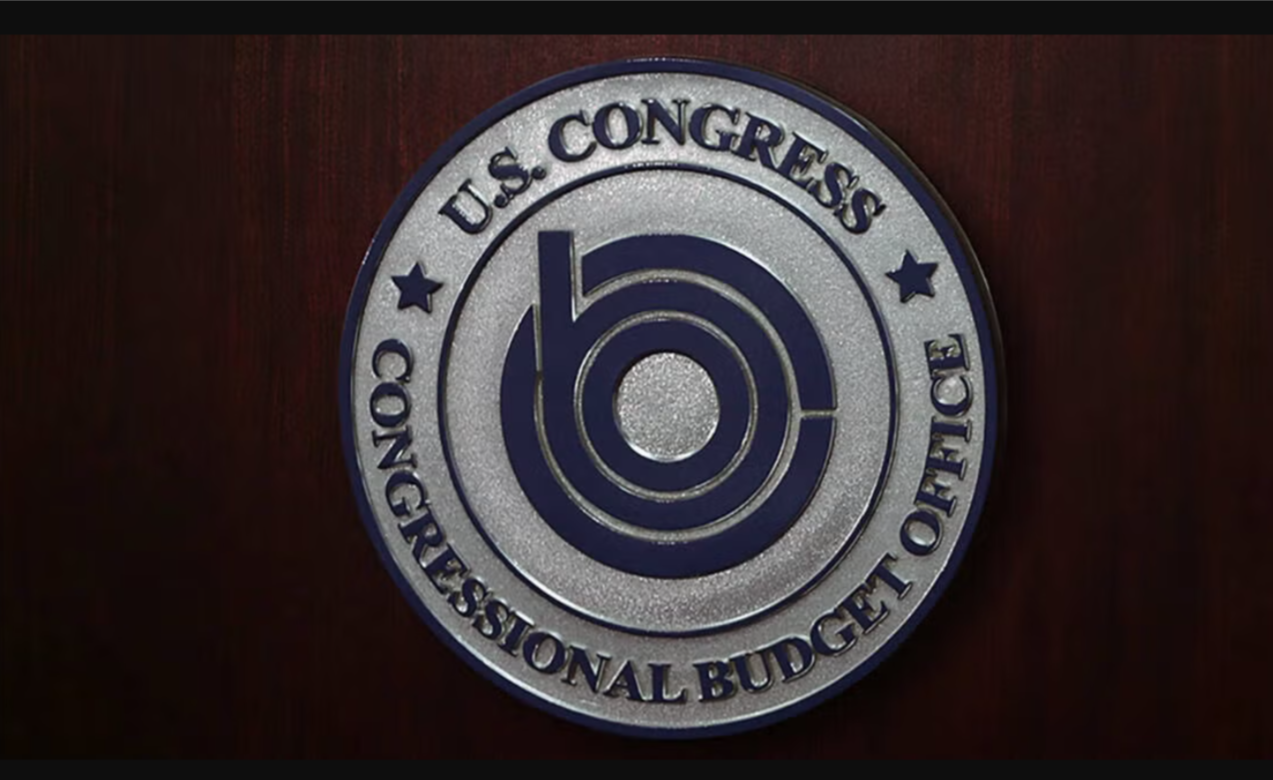(ThyBlackMan.com) Defenses in personal injury may go beyond what happened in the wreck itself. In addition to questions about who is to blame, you may have to contend with claims by the defendant or the defendant’s insurance company regarding your own actions following the accident. Guiding you through the potential traps that the insurance company may lay for you is one of the roles of a Montana personal injury lawyer.
Negligence of the Plaintiff
Montana follows the modified comparative negligence approach. Under this rule, you may recover compensation even if you are partly at fault for causing your injuries. We call it modified because you must be no more at fault than the party whom you seek to hold responsible. With any level of negligence above 50 percent on your part, a court will deny your claim completely. If your negligence does not go above 50 percent, what you receive is reduced by the portion of your fault.
Your negligence may come into play, for example, if you were rear-ended but failed to have your turn signal on or your brake lights properly operational. Other potential examples of your negligence may include failing to keep a proper lookout, not reducing your speed to avoid a wreck, or even activities such as using a smartphone or other device that distracts your attention from driving.
With comparative negligence, the doctrine of “last clear chance” is not normally crucial to a plaintiff. The last clear chance rule provides that, even if you were at fault, a defendant who sees your perilous situation and fails to avoid it may not be able to take advantage of your negligence. A personal injury lawyer may wish to invoke this doctrine to show that the responsible party’s carelessness was the sole cause of your injury.

Mitigation of Damages
As an injured party, you are required to take reasonable measures to lessen the extent of your damages. This duty of mitigation requires you to seek medical attention as promptly as possible and to take reasonable measures to follow the advice and instructions of your doctor or other medical providers. Your failure to undergo rehabilitation when it may reasonably help you recover can prevent you from recovering lost wages or lost earning capacity.
Strictly speaking, failure to mitigate is not a defense to the lawsuit. Whether you failed to mitigate addresses the amount of your recovery, not whether the other driver was at fault. As such, mitigation is not a defense to the wrongdoer’s liability. Further, Montana law prohibits the introduction of evidence that you failed to wear a seat belt at the time of the crash.
Statute of Limitations
The law sets a deadline for you to bring a personal injury lawsuit. In Montana, the statute of limitations for a personal injury case, such as one involving an automobile crash, is three years. The clock starts running from the date of your wreck, not when you have completed all of your treatment and all of your damages are determined.
Contacting a lawyer promptly not only helps you avoid the statute of limitations defense, it can preserve important evidence of your claim. This includes having any witnesses to the wreck available for trial, the ability to find the investigating law enforcement officer, and obtaining video or photographs that are relevant to the accident.
Release
Without a personal injury lawyer at your side, you may unwittingly deprive yourself of the adequate compensation you are entitled to receive.
Specifically, an insurance company for the at-fault driver or even other potentially liable parties will contend that you have released all claims against them. Parties often invoke the defense of release when you accept what purports to be a settlement.
Whether the release defense proves viable may depend upon whether the at-fault party’s liability is beyond any reasonable dispute. Montana law requires, even in the absence of a settlement, that an insurer pay those expenses of the injured party where liability for those damages is reasonably clear. That is, if you’re injured by someone clearly at fault, the insurance company cannot withhold indisputable expenses because you will not agree to a release. Such actions constitute violations of the unfair insurance practices law of Montana.
If you’re injured by the carelessness of another driver, seek medical attention and legal advice promptly. These early actions can help you avoid these and other defenses that the insurance company may utilize.
Staff Writer; George Carter
















Leave a Reply